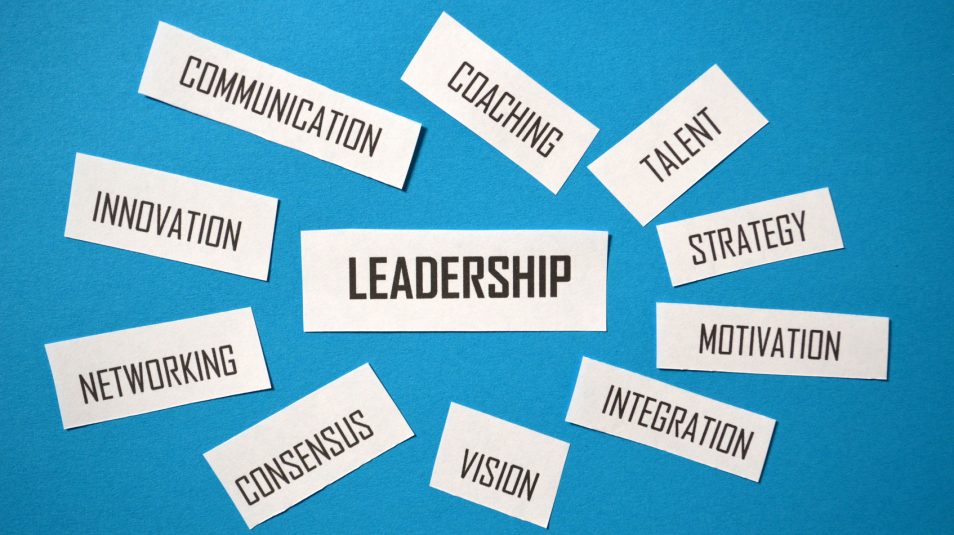Resolved - Build Workplace Inspiration In 2016

Team Dynamics
December 9, 2015
Chris Edmonds
Founder & CEO of The Purposeful Culture Group
Topics
Culture, Leadership, Organizational TheoryIt’s the last month of the year. The holidays are upon us. As we close out 2015 we begin thinking about how we’d like 2016 to be better.
Most of our resolutions are focused on health, wellness, exercise, diet, etc. Those are valuable goals.
There’s a valuable resolution that leaders need to embrace for their workplaces.
There is one particular area where all leaders can make a huge positive impact on their companies, employees, and customers. That one area impacts everything that happens in their organizations, good and bad. This one area can boost innovation, results, engagement, and service - or erode all those things.
That one area is culture. It deserves leaders’ undivided attention in 2016 - and beyond.
In fact, Deloitte’s 2015 Culture & Engagement Study found that 87 percent of organizations see culture and engagement as one of their top challenges today. More than 50 percent believe their culture and engagement problems are very important ones to solve.
Yet few leaders know what to do to address culture and engagement gaps today. Only 12 percent of respondents to this study felt that their organization is excellent at driving their desired culture. Deloitte says that leaders today “lack an understanding of and models for culture."
Over the last 25 years I’ve refined a proven path to creating a high performing, values aligned culture. That path requires leaders to pay as much attention to the quality of their work environment as they do to the quality of results.
Too few organizations spend the kind of time, energy, and focus that Forbes’ 2015 America’s Best Employers do on culture.
For example, Google is the top rated employer on this list. Google invests heavily in the maintenance of a great culture. They regularly measure dozens of factors to understand what makes team members happy and productive.
They learn from those studies to adapt policies, procedures, processes, and environment to ensure that their workplace culture creates inspiration and contribution, not frustration and competition. They and the other top employers make values as important as results - and it makes a huge positive impact.
Over the last 25 years, clients that have embraced my proven framework to refine their organization’s culture have enjoyed 40 percent gains in engagement, 40 percent gains in customer service, and 35 percent gains in results and profits, all within 18 months of engaging in proactive culture management.
My proven framework helps leaders change their culture by changing the rules. Making values as important as performance requires new rules, in the form of an organizational constitution. This document formalizes the team or company’s purpose, values and behaviors, strategies, and goals.
Once the organizational constitution is formalized, leaders must model the values and behaviors and then align all plans, decisions, and actions to those values and behaviors. An organizational constitution creates liberating rules for team or company members.
Aligning to company values creates great company citizens. Great citizens enable their own great performance and that of their team members. Great citizens treat their peers and their customers with trust, respect and dignity in every interaction.
Embrace your responsibility to create workplace inspiration and eliminate workplace frustration. Aligning behavior to an organizational constitution will do a world of good in 2016.







It occurred to me as I read this article by Chris Edmonds that culture begins at home. Chris can speak with deep wisdom on culture because, if you connect with him across social media platforms you will see evidence that he values family which is one place where culture starts. In the article Chris say, “Google is the top rated employer on this list. Google invests heavily in the maintenance of a great culture. They regularly measure dozens of factors to understand what makes team members happy and productive.” I wonder. How would our homes change and how would that lead into workplace changes if we invested in factors that make us happy and productive at home.
Thanks for your comments and insights, Jane! I so appreciate your support –
I think you’re right on it – happiness and productivity do begin at home. School can help (or hinder) those, as well. Since people spend so much time at work today, our workplaces can “recover” some of that lost time to create a safe, inspiring environment at work – to everyone’s benefit!
C.
Hi, Chris – very timely and valuable reminder:)
I would second Jane’s observation that culture begins at home. If we practice paying attention to what engages folks at home, we could probably transfer some of that experience to the workplace. When you are engaging in the same types of behaviors no matter where we are, things often work more smoothly.
I have always liked your concept of an organizational constitution and this is an ideal time for groups to consider establishing one or reviewing one that already exists.
John
Thanks for your kind words and insights, John! I’m totally with you on Jane’s foundational recommendation that culture begins at home. The research is quite clear that those formative years – home, school, friends, etc. – are, well, formative. There are logical consequences to behaviors like keeping your promises, being kind, supporting your peers, and more, at home and at work.
We do indeed need more of these behaviors!
Cheers!
C.